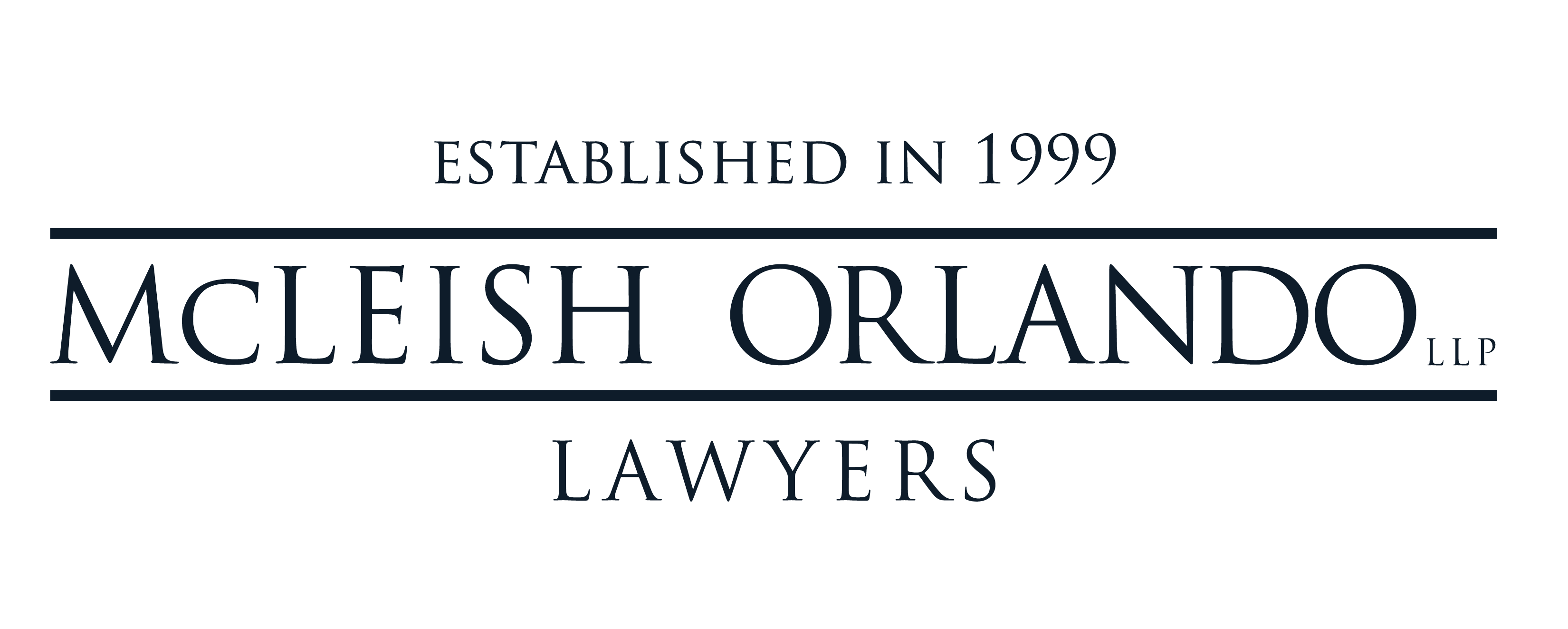Written By: Dale Orlando, Associate and Emily Roti, Summer Student
8 Minute Read
Motorcycle riding brings a sense of freedom and adventure that is hard to match. But with that freedom comes serious legal and safety risks. Whether you are a seasoned rider or just getting started, it is important to understand how your actions on the road can affect your well-being and legal rights. This blog aims to look at motorcycle safety advice through a legal lens, offering insights from a personal injury law perspective.
The Legal Importance of Safety Gear
Every rider should know the basic gear:
– Helmet (well-fitting, providing equal pressure around your head)
– Motorcycle Jacket (featuring built-in protective elements)
– Motorcycle Gloves (for palm and knuckle protection)
– Armored Gear (ex. knee pads, shoulder pads)
While this gear protects you physically, it can also carry legal significance. In the event of a collision, failure to wear proper safety gear can be used against you in a personal injury claim. Insurance companies may argue contributory negligence, suggesting your injuries were worsened by your own choices. Such a finding could reduce or even eliminate your compensation.
Legal Risks for New Riders
Statistically, new motorcycle riders are more likely to be involved in collisions compared to experienced riders. This increased risk stems from a range of factors, including limited on-road experience, unfamiliarity with how motorcycles respond in various traffic situations, and a lack of hazard recognition. However, the consequences of inexperience extend beyond physical harm. New riders may also face heightened legal vulnerability following a collision.
Inexperienced motorcyclists may make common errors such as taking turns too sharply, executing unsafe lane changes, or misjudging the speed and distance of surrounding vehicles. These mistakes may not only contribute to causing a collision but can also be used against the rider in a legal dispute.
In the aftermath of a collision, details matter. Insurance adjusters and lawyers will closely scrutinize a rider’s behaviour, training background, and adherence to traffic laws. For example, if a rider violates graduated licensing requirements, such as restrictions on nighttime riding, passenger limits, engine size, or is found to have skipped a mandatory safety course, that information can be legally damaging. These infractions may be presented as evidence of negligence, potentially shifting a portion (or all) of the blame onto the rider. This could reduce compensation, increase insurance premiums, or even result in legal liability for injuries or property damage.
For new riders, understanding both the physical and legal responsibilities of riding a motorcycle is crucial. Taking certified safety courses, strictly following licensing laws, and safely accumulating riding experience can help you not only avoid accidents but also protect your legal interests if an incident occurs.
Common Motorcycle Crashes and Legal Consequences
Motorcycle crashes often occur in predictable scenarios:
– A car turning left in front of a rider
– Unsafe lane changes
– Road hazards like debris or potholes
– Rear-end collisions
In personal injury cases, determining fault is critical. Lawyers use evidence like traffic camera footage, witness statements, and police reports to establish negligence. However, fault is not always black and white. Even if you were partially at fault for a collision, you may still be entitled to compensation under Ontario’s insurance laws. That is why knowing your rights is important.
Preventing Legal Trouble Through Safe Riding
Beyond staying safe, riding responsibly helps protect you legally. You should obey speed limits, avoid impaired riding, and maintain your motorcycle’s condition. Traffic violations, impaired driving charges, or mechanical failures caused by neglect can lead to fines or criminal charges. They can also harm your civil claim if you are injured. Staying within the law strengthens your credibility in court and with insurers.
When to Contact a Motorcycle Accident Lawyer
Following a motorcycle crash, the legal and financial consequences can be overwhelming. Medical bills, property damage, lost wages, and potential legal claims can quickly pile up, especially if you are unsure who was at fault or if your insurance company is reluctant to pay. In these situations, speaking with a motorcycle accident lawyer as early as possible can make a huge difference.
Here are some situations when you should strongly consider contacting a lawyer:
– You suffered injuries in the crash: If you were hurt, a lawyer can help you pursue compensation for medical treatment, income loss, pain and suffering, and long-term care if needed.
– The other driver is disputing fault: When there is a disagreement over who caused the crash, proving your version of events becomes vital. A lawyer can help gather evidence, consult with accident reconstruction experts, and negotiate on your behalf.
– Your insurance claim was denied or undervalued: Insurance companies sometimes delay, deny, or offer settlements that are far below what you are entitled to. A lawyer can challenge these decisions and advocate for you.
Engaging a lawyer early offers several advantages. They can help preserve crucial evidence like, surveillance footage or witness statements, before it disappears. They can also guide you through the complex legal process, communicate with insurers, and ensure your rights are protected at every stage.
Even if you are unsure whether you need legal representation, a consultation with a motorcycle accident lawyer can provide peace of mind and help you understand your options.
Safety Is Legal Protection
Riding safely is not just about avoiding injuries; it is about protecting your future. Every decision you make on the road can affect your ability to recover compensation and defend your rights after a crash.
If you have been injured in a motorcycle accident, speak with one of our lawyers at McLeish Orlando LLP as soon as possible. The right legal support can make all the difference in your recovery – physically, financially, and legally.





